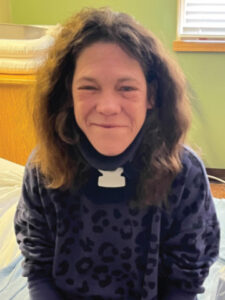
Envive Healthcare of Evansville offers Assisted Living, Rehabilitation, Skilled Nursing Care, and Memory Care for a higher level of care allowing you or your loved one to age in place.
Uplift. Guide. Revive.
By providing a beautiful, pristine, caring, warm and comfortable environment everyone feels right at home. It is a top priority to ensure each resident is treated with intentionality, dignity, respect, and understanding.
Envive Healthcare encourages the involvement of friends and family to participate in designing individualized care plans alongside our clinical team to ensure longevity, security, and safety for everyone.
This is the Envive difference.

Uplift. Guide. Revive.
By providing a beautiful, pristine, caring, warm and comfortable environment everyone feels right at home. It is a top priority to ensure each resident is treated with intentionality, dignity, respect, and understanding therefore Envive Healthcare encourages the involvement of friends and family to participate in designing individualized care plans alongside our clinical team to ensure longevity, security, and safety for everyone.
This is the Envive difference.
Envive of Beech Grove
24/7 Nursing Care
Speech, Physical, and Occupational Therapy
Post-Surgical Rehabilitation
Short-term & Long-term Care
Post CVA Program
Respite Care
Hospice Care
IV Therapy
Wound Care
Bariatric Care
Colostomy Care
Tracheotomy Care
Therapeutic Diet Plans with Registered Dietician
Transportation to Appointments
Virtual Tour
Get to know Envive of Berne by watching the video below.
When the time is right, please contact us to schedule an in-person tour.
Photo Gallery
Success Stories

Vickie Balliet (Berne)

Christine Benjamin (Berne)

Steve Minnie (Berne)

"*" indicates required fields

601 N. Boeke Rd
Evansville, IN 47711
